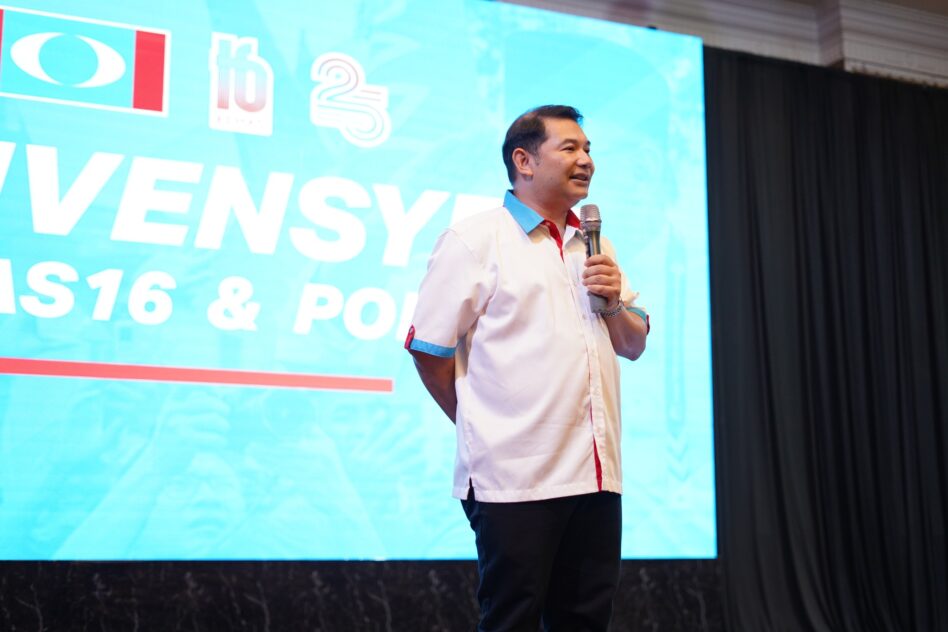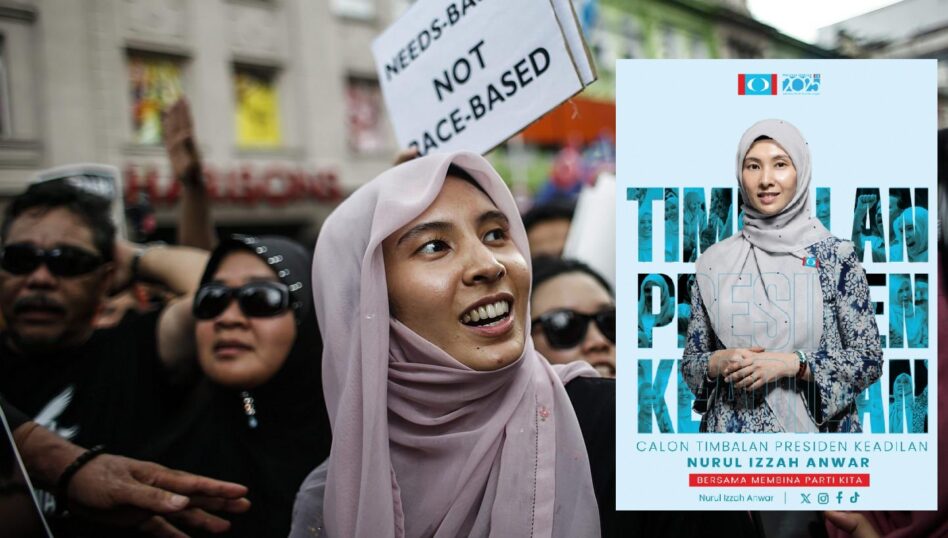THE Malaysian Government is advised to expedite on regulating vape products in the country in order to leverage on the high interest coming from Indonesia-based businesses wishing to expand and bring potential investments to Malaysia.
Using his own home country as an example, Indonesian vape activist and industry consultant Edy Suprijadi explained that the country’s implementation of a tax framework in late 2018 led to a confidence of growth amongst players and consumers of the industry.
As a result, since the introduction of a vape tax in Indonesia, the industry has seen a growth of approximately 60% between 2019 to 2020. In 2019, the industry succeeded in contributing tax revenue to the tune of 500 billion rupiah to the Government. In 2020, the tax revenue generated from this industry was approximately 700 billion rupiah.

“The clearer set of regulations and government support has allowed for businesses to operate with ease, whilst consumers are much more assured about using vape products that meet product safety and quality standards,” Suprijadi explained.
As the former secretary general of an Indonesia-based vape business association, the Asosiasi Personal Vaporizer Indonesia (APVI), Suprijadi also believes that the Malaysian vape industry will have a stronger foundation that will encourage collaboration opportunities among vape business owners from the two countries if it is regulated.
“As demand grows in Indonesia, some of our members are now looking to expand their businesses outside of Indonesia. With regulations in place, our players will be able to explore collaboration opportunities with the Malaysian industry,” he added.
According to Suprijadi, Malaysia is an ideal destination for investments due to its infrastructure and facilities, within an established vape industry ecosystem.
“We believe the next natural step is to introduce regulations on vape products to facilitate the development of the industry. This must also include regulations on manufacturing and sale of e-liquid with nicotine which forms the majority of products sold in Malaysia, Indonesia and globally,” Suprijadi concluded. – June 10, 2021









